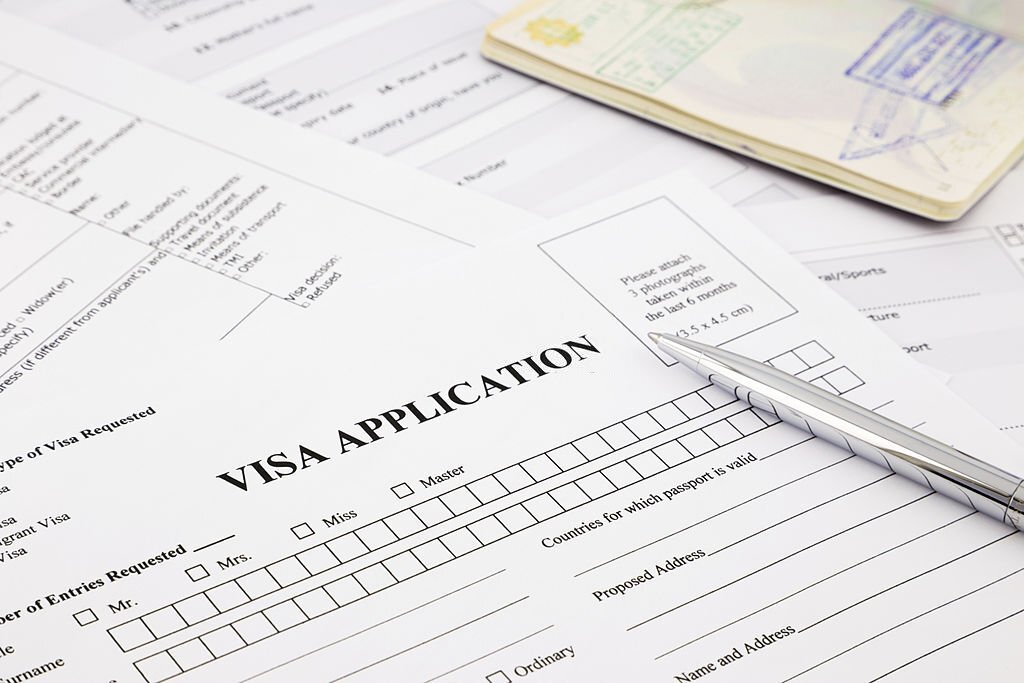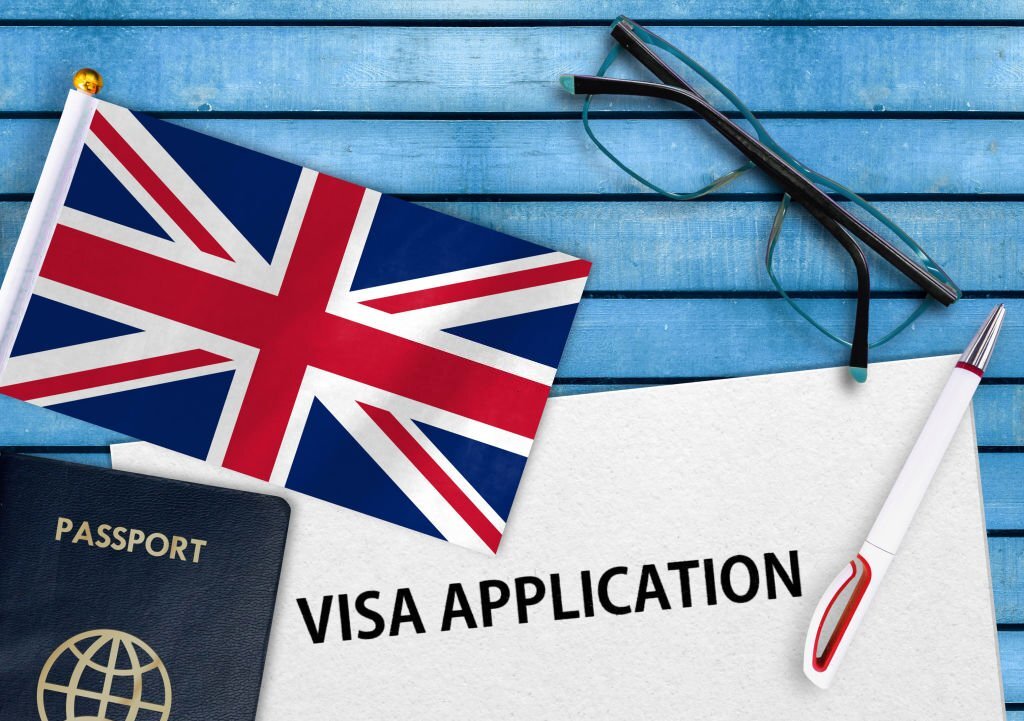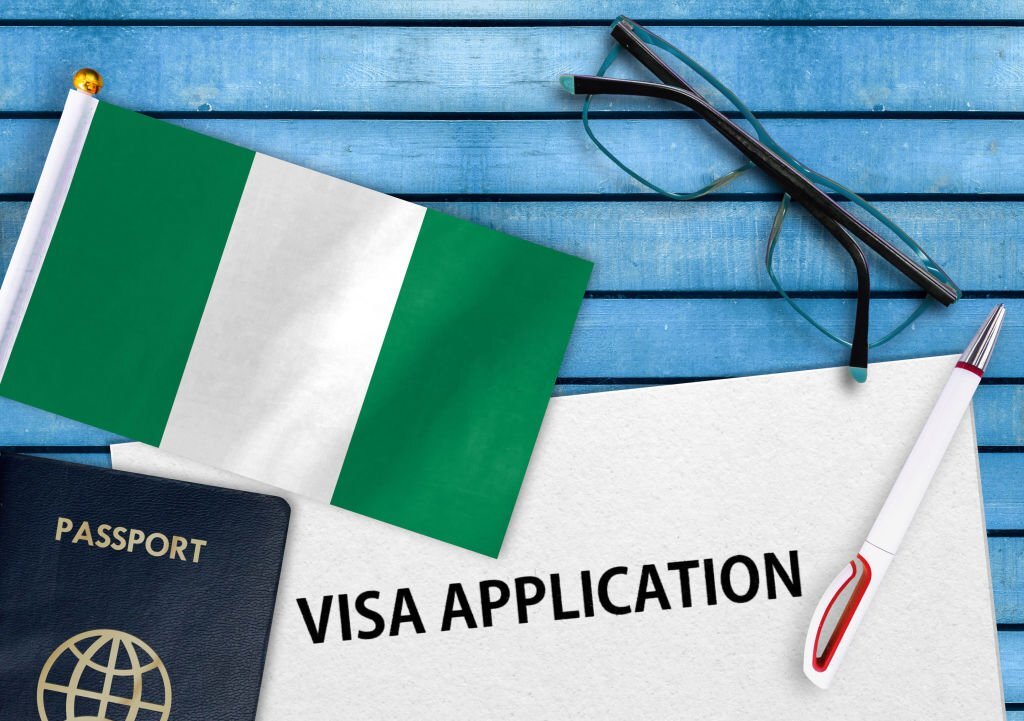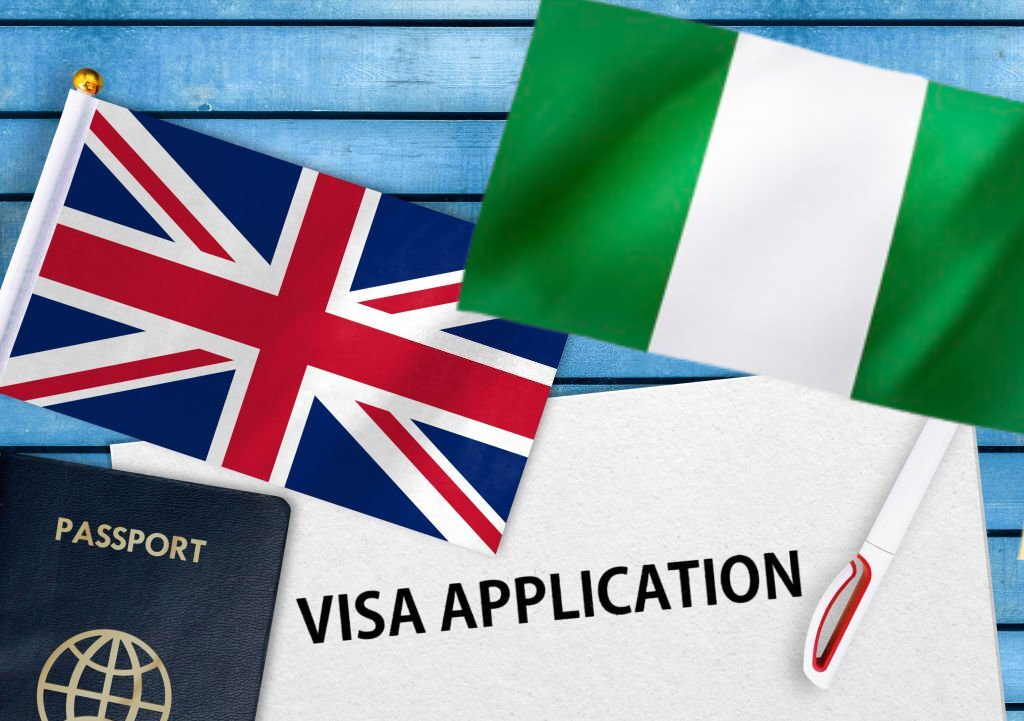One of the essential factors to take into consideration if you’re a Nigerian student aspiring to study in the United Kingdom is the cost of a UK student visa. Understanding the visa fees involved is important for effective financial planning and a smooth application process. In this article, we will delve into the complexities of UK student visa fees, giving Nigerian students a thorough overview, breakdown, and guidance.
Introduction
For many Nigerian students, studying abroad is an exciting opportunity, and the UK has always been a popular destination for quality education. If you’re considering pursuing your studies in the UK, understanding the financial cost is crucial, particularly the cost of a student visa. We will examine the UK student visa fees for Nigerian applicants in this blog post and give you useful information to aid in the proper planning of your study abroad trip.
Understanding UK Student Visa Fees
The costs associated with processing your visa application and granting you authorization to study in the country is covered by the UK student visa fee. It supports your academic goals and prepares you for a life-changing international adventure.
The UK offers several types of student visas, depending on the duration and level of study.

We have the
Student route visa {formerly Tier 4 (General) student visa } for undergraduate and postgraduate courses
Child Student Route {formerly Tier 4 (Child) student visa } for students aged 4 to 17.
Short-term study visa covers English language courses that are less than a year.
To be granted a UK student visa, you must meet some certain requirements. These typically include having an offer from a recognized UK educational institution, proving your proficiency in the English language, proof of funds to cover your tuition fees and living expenses, and meeting health and character requirements.
UK Student Visa Application Process in Nigeria
You must follow a special application procedure to get your student visa if you’re a Nigerian student who wants to study in the UK. Let’s look at the detailed instructions:
- Research and choose a suitable UK educational institution.
- Apply and receive an offer from the institution.
- Create an account on the official UK government website for visa applications.
- Complete the online visa application form, providing accurate information.
- Pay the visa application fee, which includes the visa fee and Immigration Health Surcharge (IHS).
- Book an appointment to submit your biometric information at a visa application center.
- Prepare and submit the required documents, including your passport, confirmation of acceptance for studies (CAS), financial documents, and English language test results.
- Attend the visa interview (if necessary).
- Track the progress of your visa application online.
- Pick up your visa once it has been approved.
It’s essential to gather every necessary document before submitting your visa application. These typically include your valid passport, CAS statement from the school, financial statements demonstrating your ability to cover expenses, tuberculosis test results (if applicable), criminal record certificate, your proof of English Language proficiency and any other documents specific to your situation.
UK Student Visa Fees in Nigeria
Now let’s focus on the UK student visa fees for Nigerian applicants. The visa fees are subject to change, so it’s important to check the official UK government website or consult the nearest UK visa application center for the most up-to-date information. Visa application fees and the Immigration Health Surcharge (IHS) are typically included in the costs.
The visa application fee varies depending on the type of visa you’re applying for and the duration of your course. As of the time of writing this article, the standard visa application fee for student route visa costs £381; for each dependant (partner or child) you bring, you must also pay same amount as well. Additionally, the Immigration Health Surcharge is £470 per year of study.
In addition, a Child Student Route (Tier 4) visa also costs £381.
Short-term student visas is £210 for more than 6 months but not more than 11 months.

Factors Affecting UK Student Visa Fees
The overall cost of a UK student visa depends on a number of factors. Knowing these factors can help you in making accurate financial estimates and plans:
Duration of the Course: The duration of your intended course plays a significant role in determining the visa fee. Longer courses typically have higher visa fees due to the extended duration of study in the UK.
Location of the Educational Institution: The cost of the visa is also influenced by where you plan to attend school in the UK. London, being the capital and a popular study destination, may have higher visa fees compared to other cities or regions.
Visa Processing Time: There will be an extra charge if you need expedited visa processing, such as the priority or super priority service. These services come at an additional cost but provide quicker processing timeframes for urgent cases.
Healthcare Surcharge: Another crucial factor to take into consideration when estimating the overall cost of a UK student visa is the healthcare surcharge. During your visit to the UK, this fee entitles you to use the National Health Service (NHS).
Additional Costs and Considerations
When deciding to study in the UK, it’s important to take other financial considerations into account even if the student visa fees make up a sizable portion of the financial commitment. Students must prove they have the resources to pay their tuition and living costs while studying in the UK, according to the government of that country.
Accommodation and Living Expenses: Be sure to budget for the cost of living, including groceries, transportation, and extracurricular activities as well as living expenses like rent, utilities, and groceries.
Travel Expenses: Include travel expenses for both the initial relocation to the UK and any anticipated trips home for holidays or vacations.
Financial Requirements: Ensure you meet the financial requirements outlined by the UK government, which could involve proving you have enough money for tuition and living costs.
Tips for Saving on UK Student Visa Costs
While studying in the UK can be financially demanding, there are ways to minimize the costs associated with your student visa. Here are some suggestions to assist you cut costs associated with your UK student visa:
Research scholarships and grants: Learn about the scholarships provided by UK educational institutions, governmental agencies, and foreign organizations. Scholarships can help you financially and may possibly pay for some or all of your housing and tuition costs.
Part-time work opportunities: To augment your income while you’re in school, think about working part-time. International students have the option to work part-time during the academic year and full-time during breaks in the UK, giving them the chance to supplement their income and pay for living expenses.
Consider affordable study destinations: Even if studying in a big city like London or other major cities may be appealing, there are other places in the UK that are more reasonably priced. It is simpler to manage your money if you attend a university in a smaller city or town because housing prices are frequently lower.

Conclusion
As a Nigerian student hoping to study in the UK, obtaining a student visa is a vital first step. Planning effectively requires an understanding of the UK student visa fees as well as the total financial requirements. You may turn your desire to study in the UK into a reality by becoming familiar with the application procedure, looking at financial opportunities, and taking cost-cutting measures into account.
Frequently Asked Questions
If my application for a visa is denied, are I eligible for a refund?
Unfortunately, even if your application is denied, the visa application fee is not refundable. The healthcare surcharge, however, might be refunded in some circumstances.
Do I need to pay the healthcare surcharge upfront?
Yes, the visa application fee and the healthcare surcharge must be paid up front.
Can I pay the visa fee in installments?
No, you must pay the entire visa fee at the time of application.
Are there any discounts available for students?
No, there aren’t any special visa fee discounts accessible to students.
Can the visa fee change in the future?
Yes, there may be changes to the visa charge. It’s crucial to keep up with the most recent information the UK government provides or seek advice from an immigration advisor.
Can I pay the UK student visa fee online from Nigeria?
Yes, you can use a valid debit or credit card to pay the visa fee online.
Are there any additional costs involved in the UK student visa application process?
Yes, there can be extra fees such as for enrolling in biometrics or sending documents via courier.
Can I work while studying in the UK on a student visa?
Under certain conditions, international students may work both full- and part-time during the academic year.
Do I need to pay the Immigration Health Surcharge for the entire duration of my course upfront?
No, you normally pay the Immigration Health Surcharge at the time of your visa application for each year of study.
Can I extend my student visa while studying in the UK?
Yes, provided you match the requirements and eligibility standards established by the UK government.
